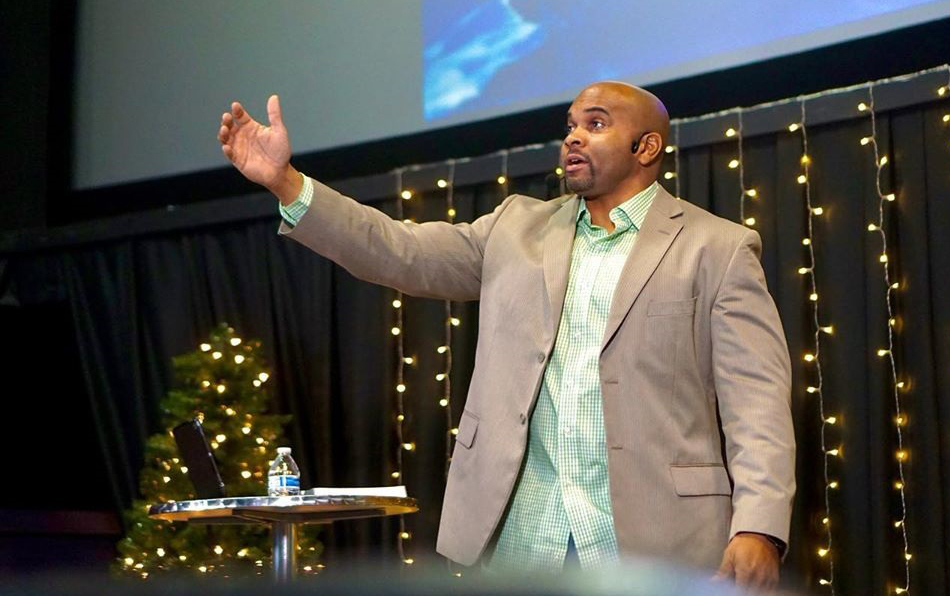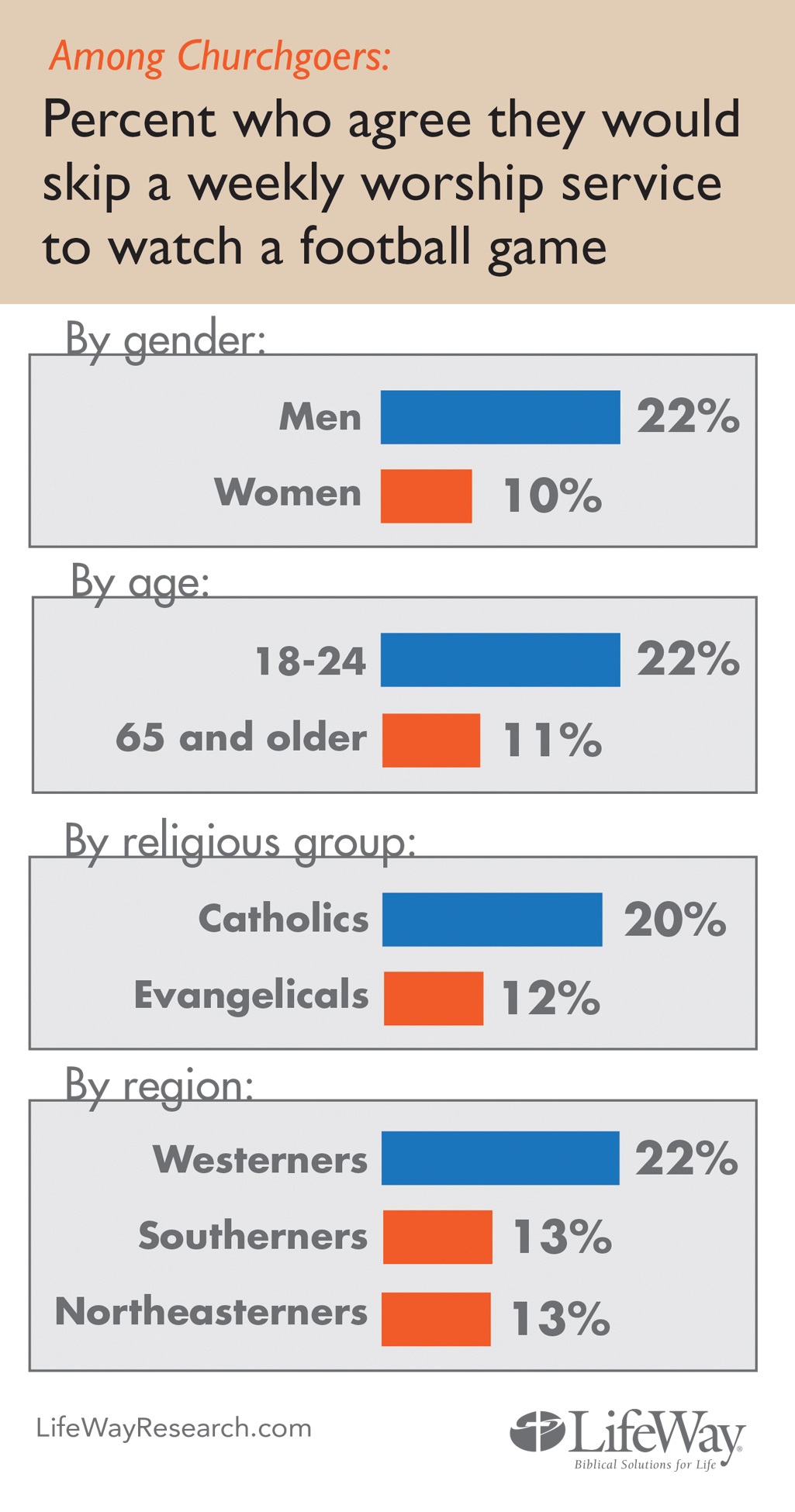 [1]
[1]LOUISVILLE, Ky. (BP)–Working information about the universe keeps on accumulating at breakneck speed. New discoveries are marking the scientific landscape on a daily basis. Better said, by the hour.
Now it’s becoming next to impossible to keep track of the many sciences themselves discipline by discipline, much less become familiar with the details each consists of point for point. Cosmology and its sisters, astronomy and astrophysics, tell us that the universe is literally teeming with black holes and that the now-familiar “big bang” theory has passed yet another test for cogency as a model for cosmic origins, seeing as how the cooled afterglow of time zero’s cataclysmic explosion has been measured more accurately here of recent.
Universities and institutes of technology worldwide are now collaborating on various projects, with one development recently confirming that subatomic particles known as “muons” seem to spin a bit differently than what’s predicted by the standard particle-smashing model.
The flap over the possibility of Martian life refuses to die, even as the Hubble Space Telescope continues to capture high-resolution images of wispy nebulae, colliding galaxies and stars belching forth fiery gas in all directions.
And from an earthly point of view, the “intelligent design” movement is currently finding its way into state legislatures, seeking parity for “origin-of-life” models apart from biological evolution — the secular creation story — with Michigan as the hottest state of late making some headway on this particular front.
With so much going on in science, then, what’s the inquiring Christian to do? How can we make sense of it all? And why does the fear of science, above all else, get appended so easily to the whole of Christian concerns, as if to make our folks, Baptist or otherwise, cower with trepidation before the scientific powers-that-be and their atheistic mindset?
In response, it goes without saying that every question should ultimately be answered in terms of what we call “truth tempered by love.” No surprise there! But if the mother of all questions becomes “What is truth?” then any fear of science that believers may be subject to (wrongly, I say!) will only be thrown off categorically when defining truth more fully becomes the order of the day and is thereby given the extensive treatment it deserves.
In my last FIRST-PERSON column [3], I promised a growing Baptist readership to adorn my musings with the centuries-old maxim, “All truth is God’s truth.” As I see it, Christian scholars and laypersons alike will flourish as well-rounded believers only when words as wise as these are adopted as a motto, as our dictum for serving the Lord gladly within the confines of our individual circumstances.
Knowing this to be the case, those among us called truth-seekers, should pay a bit more attention these days to our privileged status as exceedingly graced and exceedingly “truth-ed” children of God. A little gratitude for God being so gracious and truthful goes a long way!
From the rustic halls of academe, then, to the computer-driven cubicles of the contemporary workplace, thinking truthfully about God and his ways, that is, literally thinking his thoughts after him as a way of life, is at once challenging and obligatory, sometimes even to the extreme.
Thinking theologically, on the one hand, while exploring scientifically the very structure of life itself and the cosmos as a finely tuned residence of sorts is a doubly difficult task. A number of emerging Christian theorists, however, have now been commissioned for such a charge and are bracing themselves out of necessity for some grueling thinking ahead.
So when Christians begin to make progress (thanks to epistemological grace!) toward figuring out God’s “godness,” so to speak, those all too brief and rare “be-still-and-know-that-I-am-God” moments seem to crop up more and more often. By all means delve deeply into Holy Writ, just as we’re commanded. But look upwards to the heavens as well, with arms wide open.
Only then can we see both the godness and goodness of it all. Hence, for believers to access God’s mind rationally, to contour with clarity our Creator/Redeemer’s “supernaturalness,” for lack of a better term, is not only vitally important in and of itself but should also be construed as a lifelong faith venture, something far more significant than a hastily drawn, connect-the-dots theology of expedience, however artfully penned some novice theologians may consider their scribblings to date to be.
In other words, thinking God’s thoughts after him, level by graduated level, is just plain hard to do. It’s humble pie times two, if only for reasons of conceding how cosmic in scope God’s twin recipe for reality really is. In brief, it’s the Bible plus a cosmos created, as each helps to clarify the other’s intended disclosure, if required and when needed.
It’s a dual-truth mix involving the integration of inspired revelatory texts, on the one hand, with whatever realities nature and the cosmos bequeath to us so fruitfully on the other. The hand of God so clearly pens it all, to fall back on a Romans 1:20 kind of approach, one wherein all knowledge comes by way of revelation.
So when characterized by the labels “God’s Word” and “God’s world,” 21st-century theologians must now begin verbalizing openly and with painstaking precision whatever harmonies exist between the two. Admittedly, putting this realm-to-realm relationship into words starts getting complicated fairly quickly, kind of like a smoldering romance that’s virtually impossible for some young star-crossed couple to articulate as they might wish. (So to be head-over-heels in love with God’s ever-unfolding truths, theologically and scientifically, isn’t half-bad, it seems!)
But caution is surely the hermeneutical buzzword here; it’s the overarching virtue desired when we push for a series of gutsy moves linking Word to world, world to Word. Proviso: While God’s truth as manifested so specially in his Word was progressive by nature up until the closing of the New Testament canon, God’s truth as manifested so generally in his world is progressive by nature even still, and will carry this selfsame role on through to the end — to the closing of human history, and maybe beyond. We’ll be doing theology in heaven, you say? No doubt. And science too? Well, it’s certainly a logical possibility, if nothing else. In my estimation, both are likely to be ongoing subjects throughout eternity. We’ll forever be on the creature half of the Creator-creature distinction.
One could ask: So who’s possibly equal to a task as weighty as this, especially on this side of the grave? Who can really codify the Almighty’s superior genus and genius of thinking as generally and specially revealed?
Theologians and philosophers have considered the matter for centuries, and with some being intimate to the pleasures and promise of biblical worldview-making, they’ve sought to validate the sober truth of God’s existence and goodness via the usual supernatural means, of course, but as per a host of things we normally call “natural” as well.
So to take the heady plunge into a tandem “bib/sci” world, so to speak, is by no means a fringe directive dreamed up by some bogus theologian just now arriving on the scene. Rather, it’s a divinely warranted mandate from on high, and has been since day one, regardless of the challenge it presents to our collective thinking, so often truncated at best.
Regretfully, on the practical level, since so many subtle distinctions and carefully crafted convictions are needed to pursue such a dual-truth mix, Joe and Jane Pewsitter might just as soon cycle through Prime Time’s cultural wasteland every night than put some serious-minded, sinewy effort into learning about God’s recipe for reality, as delicious as it proves to be.
But for those with both the incentive and gumption, let’s make it our prerogative to work at it as intensely as we can; to take the findings of a science now in process to heart, interpret their significance, reject them when compelled to, and perhaps even “baptize” them occasionally, if the biblical worldview should find sufficient reasons — and it will sometimes! — for recontextualizing their utility and truthfulness.
As a consequence, there’s simply nothing to fear at the end of the day, either with respect to science itself or its falsely perceived status as the most intimidating of all satanic strongholds. Not when God’s truth gets demonstrated as beautifully it does! Not when the universe is so obviously a part of God’s mind made manifest!
So let the universe explode, spin or inflate in the form of a chaotic big bang, if it so chooses, expanding and finally configuring itself in ways beyond our present ken to understand entirely. Let the diverse family of electrically charged subatomic particles etch as many billions of post-collision pathways onto bubble chamber detectors as they want to. Let future Mars probes begin digging up every inch of the planet’s allegedly life-laden dirt, and let the Hubble Space Telescope display the awesome wonders of deep-space happenings for decades to come, if they will.
I suppose we should even let evolutionary theory’s political gambits play themselves out to the bitter end, if necessary, its educational criteria and weaknesses as a framework for life origins notwithstanding.
Even so, there’s still nothing to fear. Nothing to sanction the wholesale toppling of Christian theism. Nothing to embarrass creation doctrine’s defendability, or better, dependability. Nor is there anything in recent memory to debunk intelligent design’s latest conceptual advances.
Simply put, science theistically done will never falter in its ideal nor fall by the wayside in its practical outworking, if only because of a little something we’ve come to recognize and trust as God’s providence. To which we can all say, Amen!
–30–
Ostrander is associate dean and associate professor of Christian theology at Boyce College, the undergraduate school of Southern Baptist Theological Seminary, Louisville, Ky.





